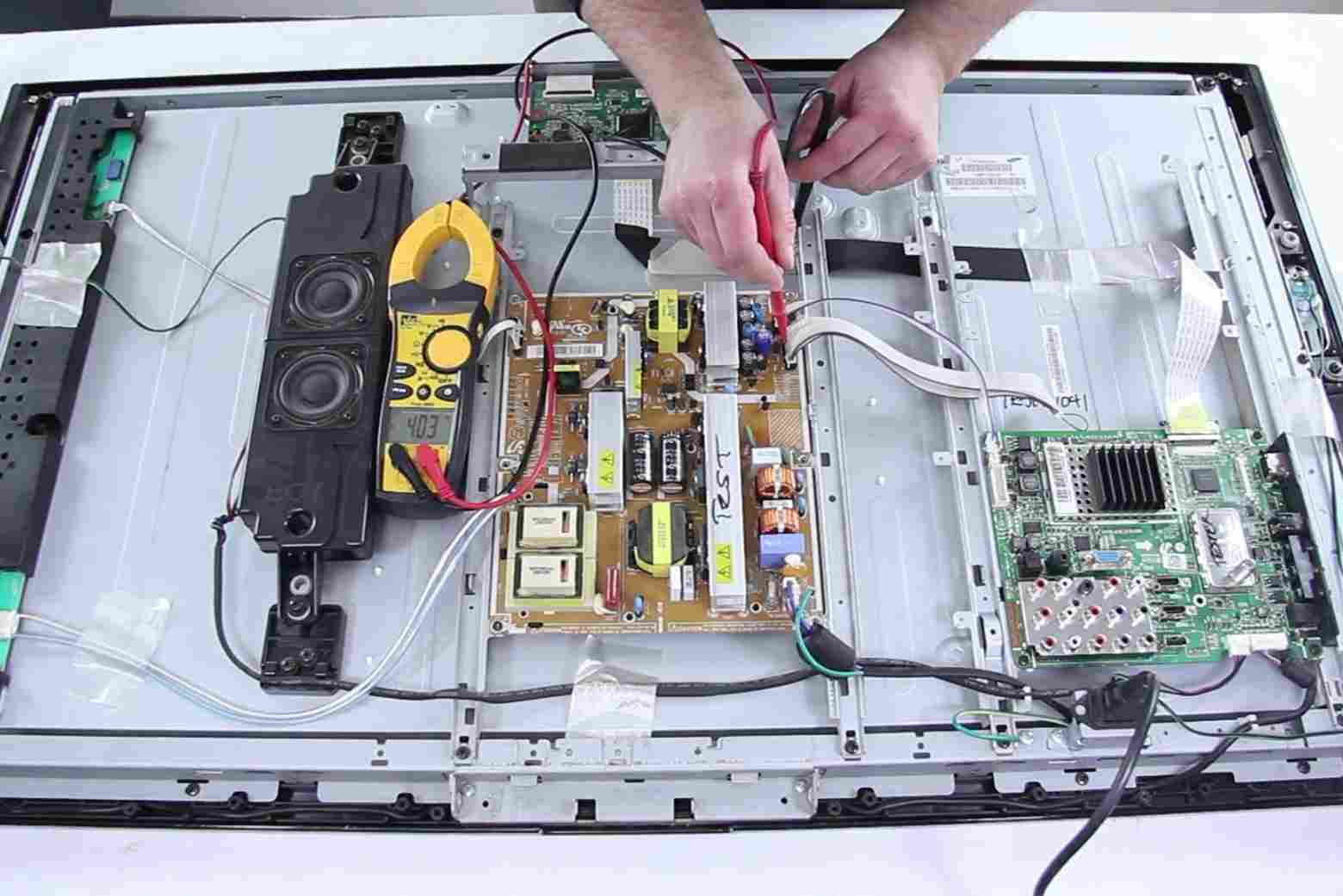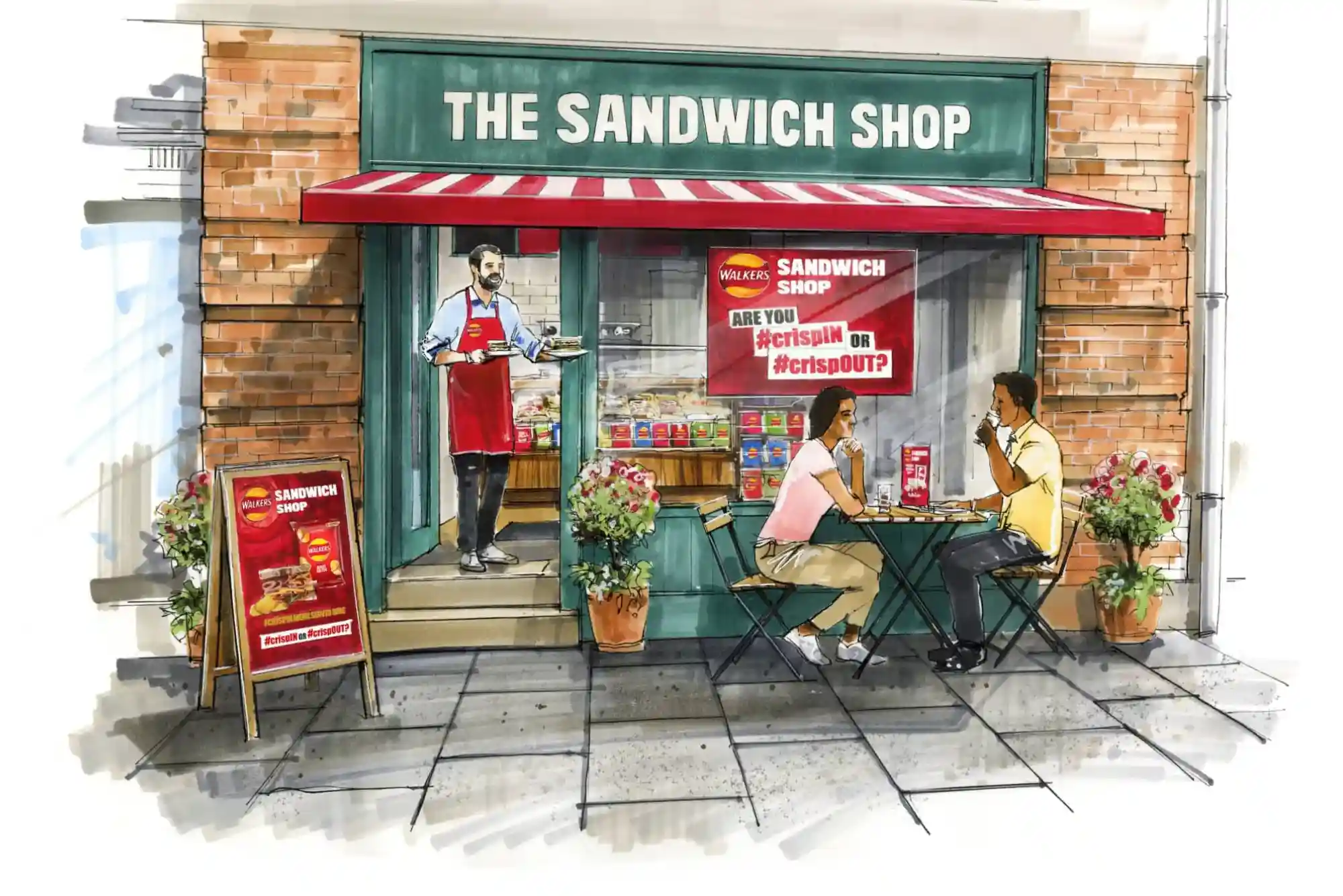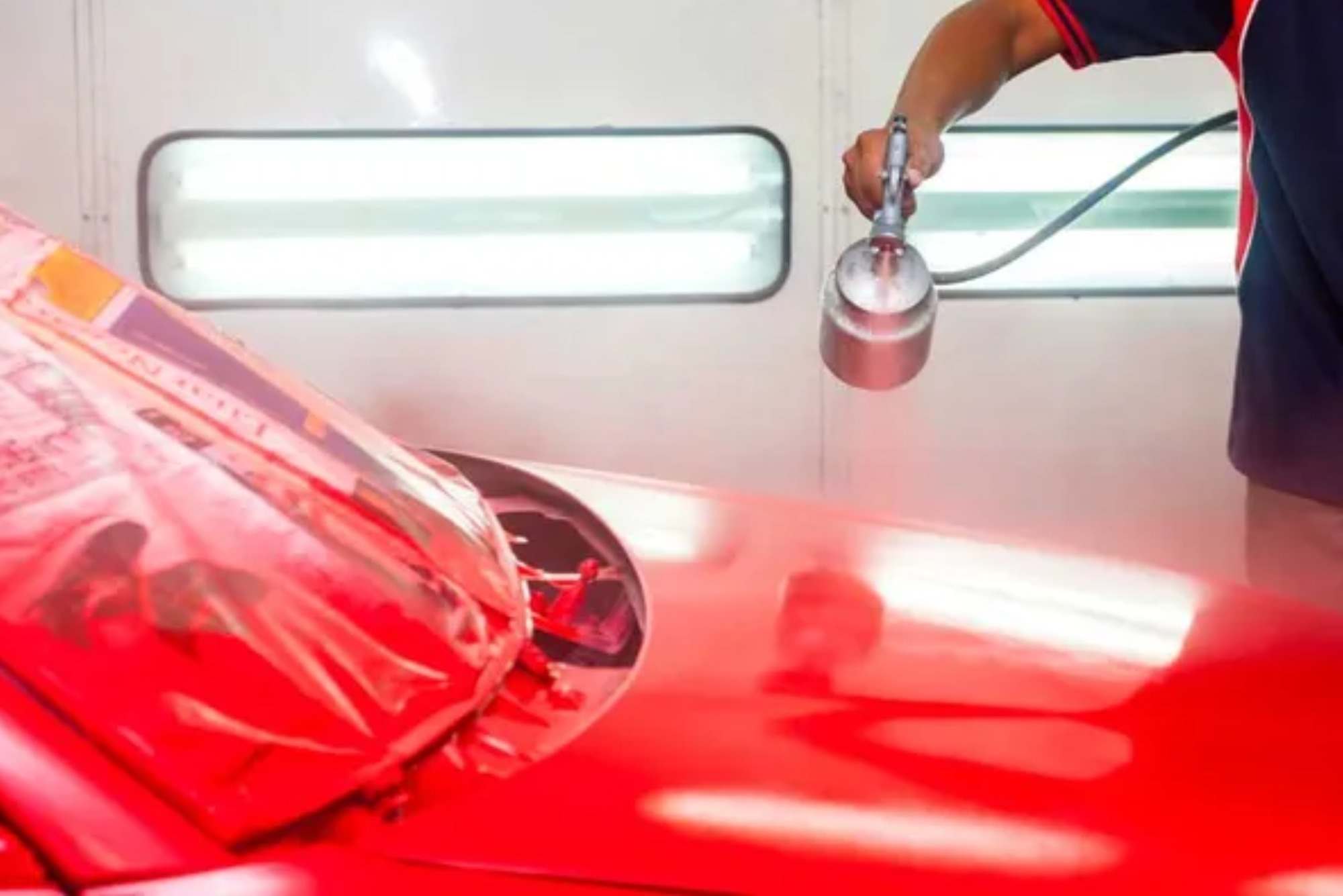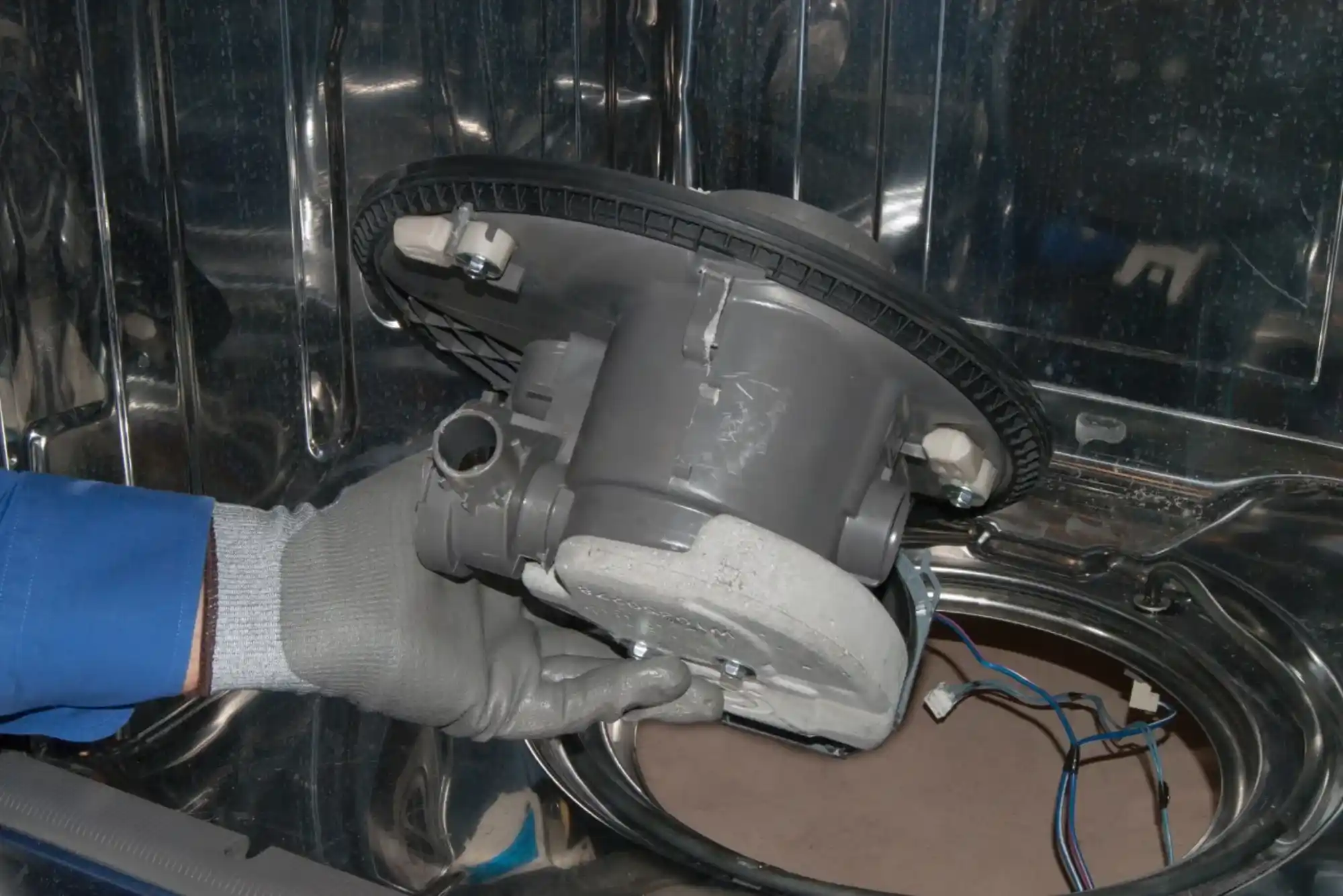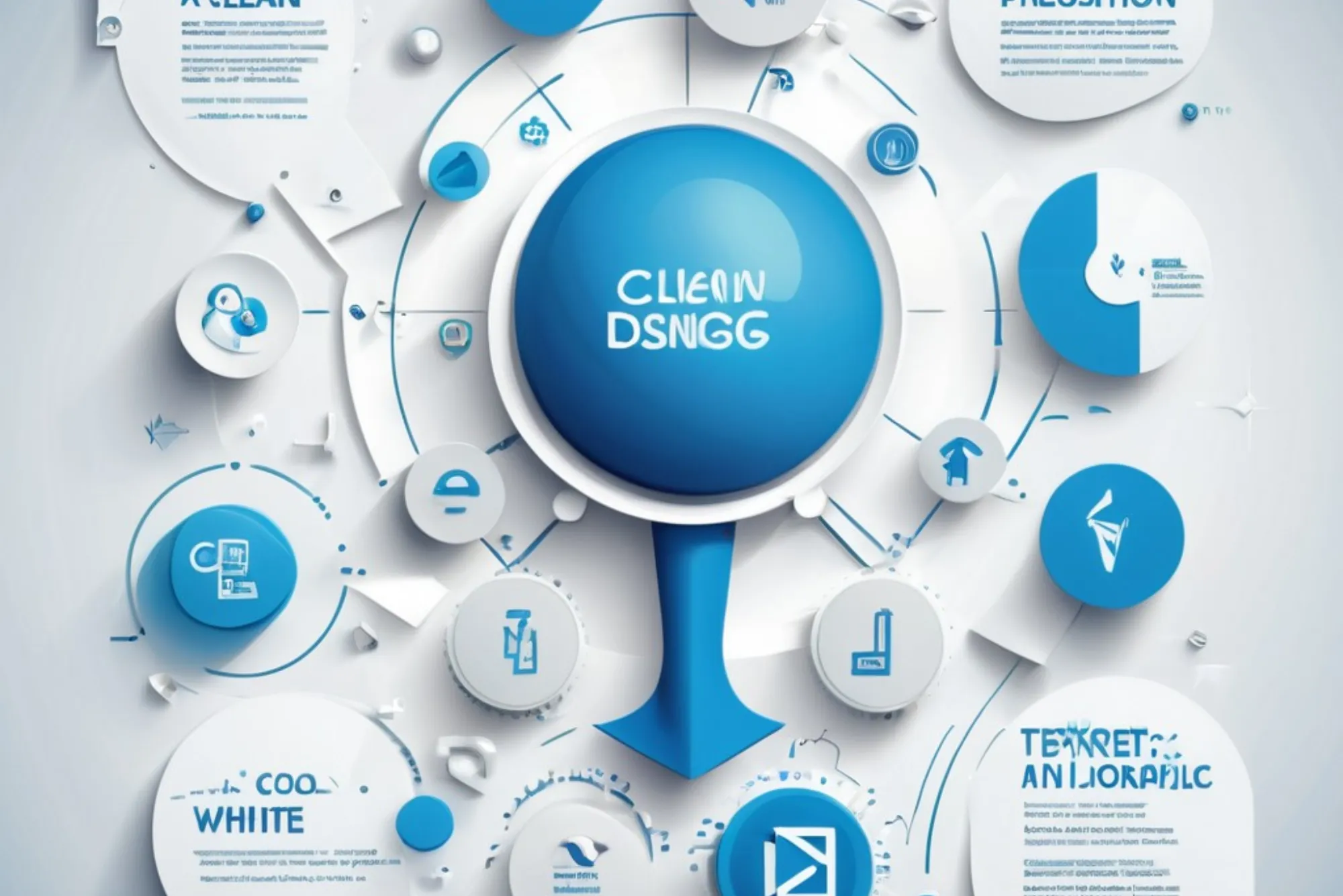As Pakistani brands—especially in textile-rich hubs like Multan, Bahawalpur, and Sahiwal—pursue eco-friendly solutions, the question arises: Is biodegradable hosiery packaging available in Pakistan? With increasing consumer demand for sustainable products and supportive programs like Ignite and STZA, local innovation is rising.
This article explores current biodegradable packaging options for socks, tights, and leggings, helping both startups and established brands adopt greener strategies.
What Counts as Biodegradable Hosiery Packaging?
Biodegradable packaging breaks down naturally using materials like kraft paper, cornstarch, or compostable films.
Common Biodegradable Materials:
-
Kraft board and paper
-
Plant-based films (PLA, PHA)
-
Cornstarch or bagasse-based bags
-
Compostable zip-lock pouches
Brands using kraft board sleeves or corn-starch pouches align with biodegradable packaging standards—without compromising presentation.
Are These Materials Locally Sourced in Pakistan?
Yes—several suppliers across Karachi, Lahore, and emerging zones in South Punjab now offer biodegradable packaging materials.
Local Providers:
-
EcoPakOnline in Karachi offers paper bags and apparel packaging options okprintings.com.pk+11ecopakonline.com+11pakfactory.com+11ensun.io+2tekpaksolutions.com+2tipa-corp.com+2alibaba.com.
-
Pakistani flexible-packaging firms create compostable kraft pouches with PVC-free windows .
-
Mughal Packages in Karachi provides biodegradable polybags and kraft bags for garment packaging mughalpackages.com+1alibaba.com+1.
These materials are available for hosiery packaging—though mass adoption remains in progress.
Are Biodegradable Film Options Available?
Biodegradable plastic films like PLA and PHA are accessible via local manufacturers for garment packaging.
Points to Know:
-
PLA and PHA films used domestically for bags and zip-lock pouches ensun.io+11alibaba.com+11sdgs.un.org+11.
-
Flex-pack firms in Karachi produce compostable zipper bags tailored for textiles
tipa-corp.com+4ensun.io+4okprintings.com.pk+4. -
Startup brands are piloting corn-starch mailers in eco-conscious e-commerce initiatives.
Pilot Programs & Industry Initiatives
Innovation in biodegradable packaging is being driven by funding and mentorship from STZA, Ignite, and UNDP apps.
-
A 2nd Life Pakistan challenge funded textile packaging projects using circular-economy models linkedin.com.
-
STZA technology zones in Multan and Bahawalpur are testing bio-based materials in packaging labs.
-
Ignite supports startups developing bagasse or jar-based biodegradable mailers for hosiery.
These efforts foster ecosystem growth for eco packaging.
Local Brands Piloting Biodegradable Hosiery Packaging
A few pioneers in South Punjab are already packaging hosiery in compostable sleeves and mailers.
Case Examples:
-
Bahawalpur startup wrapping baby socks in cornstarch pouches (Ignite-funded).
-
Multan eco‑brand selling tights in kraft sleeves sourced from Eco PakOnline.
-
Layyah student group producing mailers from agricultural waste, showcased at a PSDF-design expo.
These examples exemplify organic adoption across packaging formats.
Midpoint Backlink Placement:
Pakistani hosiery brands seeking customizable, compostable hosiery packaging can access advanced biodegradable materials and tailored designs suited for online retail and boutique display.
Certification & Standards to Look For
Seek compostable certifications and non-toxic compliance for truly biodegradable packaging.
Important Certifications:
-
EN 13432 (European compostability standard)
-
FSC certification for paper sourcing
-
REACH compliance for inks and films
-
FDA/food-grade standards for safe direct contact
Currently, most Pakistani suppliers are in transit toward these certifications. Collaboration with STZA R&D labs can help verify compliance.
Benefits of Biodegradable Packaging for Hosiery Brands
Brands gain consumer trust, differentiate in the market, and may access green-export incentives.
Benefits Include:
-
Eco-conscious branding appeal
-
Reduced plastic footprint in disposal
-
Appeal to international buyers
-
Possible tax breaks or pilot grants under green policies
South Punjab brands using biodegradable packaging recorded a 20–30% rise in online engagement and gift orders.
Challenges Small Brands Might Face
Costs, certification, and supply-chain gaps are initial hurdles—though support programs are actively helping.
Common Barriers:
-
15–30% higher cost than conventional plastic
-
Limited local supply without bulk orders
-
Emerging nature of certification and material labelling
-
Need for consumer education
Still, incremental adoption is smoothing the path forward.
How to Start Using Biodegradable Packaging
Quick Answer: Begin small—test kraft sleeves or compostable pouches, then scale through grants and collaboration.
Suggested Steps:
-
Source biodegradable sleeves from EcoPakOnline or local kraft manufacturers
-
Pilot small batches; collect feedback on look and product integrity
-
Apply to STZA or Ignite for testing and R&D support
-
If scaling up, verify compostability and labeling standards
-
Market packaging as part of your brand promise
FAQs
1. Is biodegradable hosiery packaging produced in Pakistan?
Yes—cardboard sleeves, corn-starch bags, and compostable films are available from Karachi, Lahore, and South Punjab suppliers.
2. Are biodegradable pouches durable for hosiery?
Yes. Especially PLA or PHA films provide reliable protection for socks and tights.
3. How do I verify if packaging is compostable?
Look for EN 13432 certification or ask suppliers for test reports; STZA labs can assist with verification.
4. Do these materials work for online sales?
Absolutely. Many brands report fewer damaged orders and higher satisfaction when using biodegradable packaging.
5. Are packaging grants available?
Yes—Ignite and STZA offer prototype funding, especially to youth and women-led startups in South Punjab.
6. Is biodegradable packaging cost-effective?
Initially more expensive, but rising scale and consumer preference justify the investment over time.
7. Can biodegradable sleeves be branded?
Yes—printable kraft sleeves and compostable pouches allow for logos, labels, and custom designs.
Final Thought
Having worked with textile startups in Multan, Khanewal, and Rahim Yar Khan, I’ve seen emerging interest in biodegradable packaging become a strategic advantage—not just a trend. With backing from Ignite and STZA, local brands are positioned to lead Pakistan’s eco-packaging revolution.
Switching to compostable hosiery packaging may not be the cheapest route, but it speaks volumes about brand values, consumer trust, and environmental responsibility. If you’re ready to elevate your brand, start with a biodegradable sleeve—and let your packaging do the talking.









